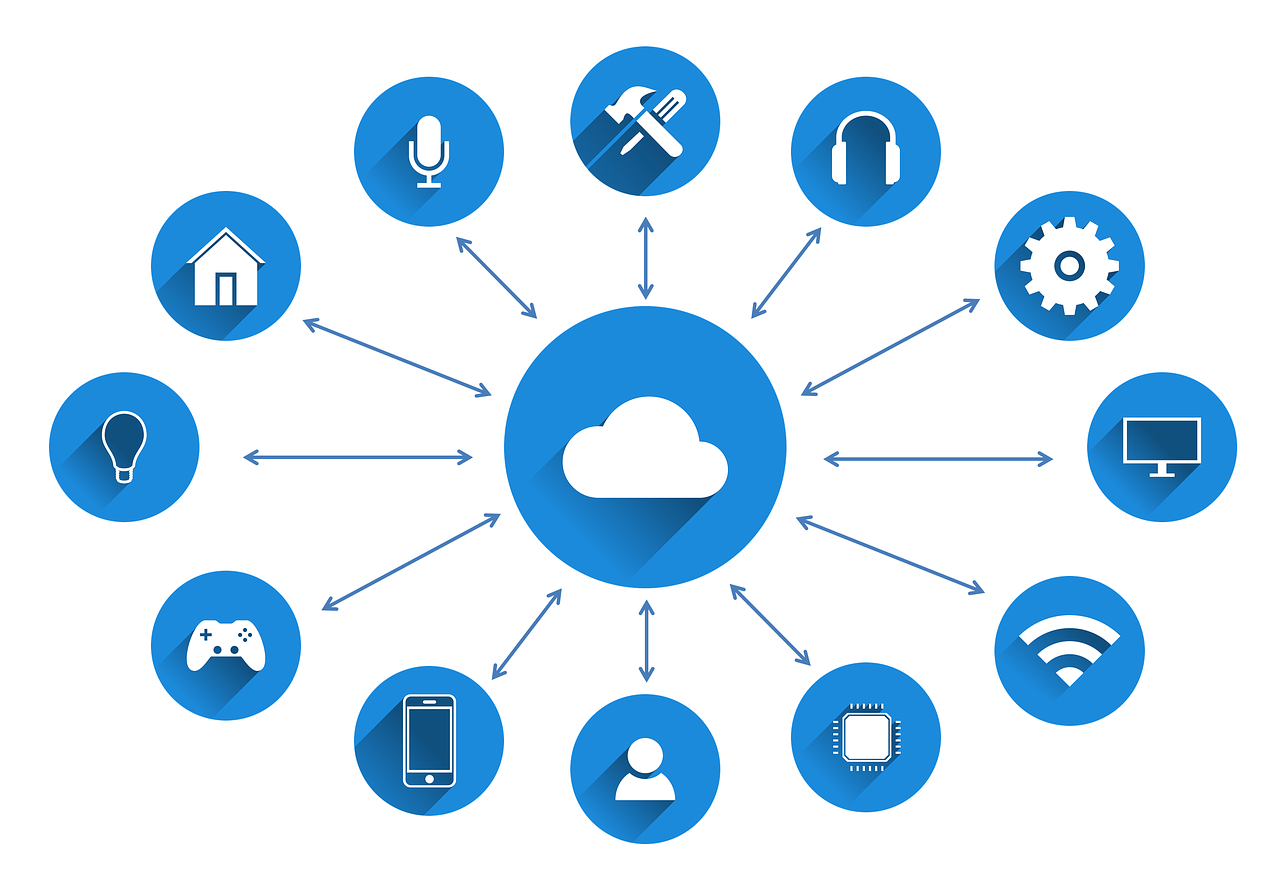Is IoT Development in Demand?

’Yes’ would be the short answer to this question. However, to understand the enormous impact that IoT is having on businesses, we need to delve a little deeper into the intricacies of this rapidly evolving technology.
IoT has become a game-changer for businesses nowadays. The main reason behind this is that IoT comes with such benefits as real-time data and insights (and we all know that data is the new oil) that can help companies make more informed business decisions, boost efficiency, and increase revenue.
Let’s first look into some recent IoT statistics:
-
According to PwC, around 93% of executives believe that the benefits of IoT override the risk factors.
-
The global IoT market was worth around $182 billion in 2020 and is expected to hit $621 billion in 2030, thus tripling its revenue in just ten years.
-
There are around 15.14 billion connected IoT devices as of now. The number keeps increasing at an exponential rate. According to Cisco, this number will reach 500 billion by 2030.
-
The market for Industrial IoT was worth over $544 billion in 2022. It is predicted to reach around $3.3 trillion by 2030.
-
More than 10% of VC funding goes to IoT-related projects.
-
In 2023, remote asset monitoring has been the most widespread IoT use case so far.
-
As of 2021, the overall enterprise spending on IoT development was $159 billion. This amount is expected to increase at a 26.7% annual rate, reaching $412 billion in 2025.
-
A McKinsey report shows that IoT applications will have a total economic impact of $3.9 trillion to $11.1 trillion per year by 2025.
-
Businesses that invested in IoT, lowered their operating costs by 4-6% on average.
We also have some numbers that don’t sound as good as those above:
-
According to the 2023 SonicWall Cyber Threat Report, in the first half of the year, IoT malware globally increased by 37%, amounting to a total of 77.9 million attacks, rising from 57 million attacks in 2022.
-
According to Gartner, more than 25% of all cyberattacks against businesses will be related to IoT.
However, don’t let these couple of points scare you. The benefits and advantages of IoT, as we already mentioned, outweigh the risks and all for good reason. Let’s now explore the benefits of IoT for businesses of all kinds.
The Impact and Benefits of IoT for Businesses
Companies from all sectors - from agriculture, banking, automotive to healthcare - have been adopting IoT to improve their day-to-day operations, enhance customer experience, cut costs, and increase revenue.

We have gathered several important points that showcase the huge impact of IoT on businesses.
-
Smarter Products - Improved Business Offering - Happy Customers
With the development of IoT, new, way smarter products and devices come into play. Having precise data on the real-world use of different devices, companies are able to modify and adjust their products according to the users’ needs, adding better features and functionalities or removing the unnecessary ones.
Moreover, completely new devices are created which come to replace their outdated counterparts and become quite popular among customers. Smart robot vacuum cleaners are one such example.
-
Remote Work Made Easier
The pandemic increased the need for remote working possibilities for companies worldwide. Working from home has become the new normal nowadays. Turns out IoT could help with this too.
Thanks to IoT technologies, companies are able to ensure smooth communication and collaboration processes between their employees providing real-time information, feedback, and alerts. Here is a good example - IoT devices can help monitor the environment, health, and performance of remote workers. Additionally, they notify the managers or colleagues if any issues arise.
-
Asset Tracking and Inventory Management
IoT solutions can have a transformative impact on businesses that handle lots of inventory tracking and management. Companies that have warehouses and storage units can monitor and track inventory using automatic control points operated by smart devices. This way, they will essentially decrease the need for manpower and speed up the inventory tracking processes.
Additionally, automatic asset tracking can help businesses detect faulty or missing assets before it’s too late. Having your IoT solutions linked with analytics can also prevent theft.
-
Reduction of Machine Downtime
Thanks to the constant monitoring of the health of your machine by IoT sensors, you will get regular notifications about your asset health, utilization, and the risk of failure. This way you will be able to act before the failure happens, thus “saving the life of your machine” and saving your business the repair and maintenance expenses.
By predicting the machine failure possibility, your IoT system will enable you to schedule the best time for maintenance activity.
-
Reduced Waste
Businesses that invest in IoT development and implement IoT-enabled systems consume 5-10% less energy throughout the year than before. IoT devices help detect and do away with resource leaks as well as set better and more efficient ways for machine operation.
Smart devices also help businesses introduce improved waste management strategies thus reducing their carbon footprint and becoming more sustainable which, in its turn, has a positive impact on the reputation of the given company.

-
Enhanced Efficiency and Increased Revenue
It goes without saying that all of the above mentioned IoT benefits - the reduction of machine downtime, the overall automatization of business processes, the reduced energy consumption, and the access to real-time data - highly improve and enhance business efficiency and productivity. The latter will definitely, sooner or later, show positive changes in revenue as well.
-
IoT and Agriculture
The transformative power of IoT did not pass by the agriculture industry either. Nowadays, farmers can gather valuable data from smart devices on which crops to plant, when and where to sow, and how to reduce the production loss. They can monitor their plants from the comfort of their homes - checking the temperature and humidity of their greenhouses/farms, and the overall health of the crops has never been this easy.
-
Meeting the Customer Needs and Demands
And finally, it’s crucial for businesses to invest in IoT development because their customers are getting more and more familiar with the benefits of IoT as well. Smart devices are now at every corner and seeing their impact on daily life, people are starting to demand better, improved products. Considering this, businesses simply cannot overlook the importance of IoT and if they do, they will surely get behind in the tough market competition.
IoT Development: Parting Thoughts
To reap the benefits of IoT, your business needs to invest in IoT development - whether it is in-house or outsourcing, the team you choose should have extensive experience in the matter and know what they are doing, otherwise you risk losing funds and wasting time.
Here is some more food for thought, in case you still think IoT is not worth the money and won’t benefit your business.
The potential ROI for IoT is predicted to reach $11 trillion by 2025. Businesses from various sectors are planning to invest an average of $2 million in IoT through 2024. Additionally, around 57% of North American and European companies are currently implementing IoT solutions in their business processes.
The numbers are changing at a fast pace, as is the IoT industry. Make sure your business keeps up with the current market and consumer demands.